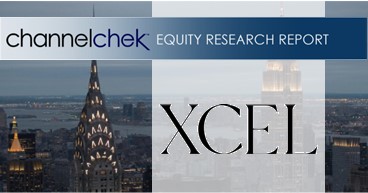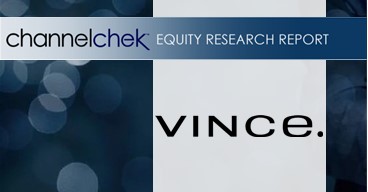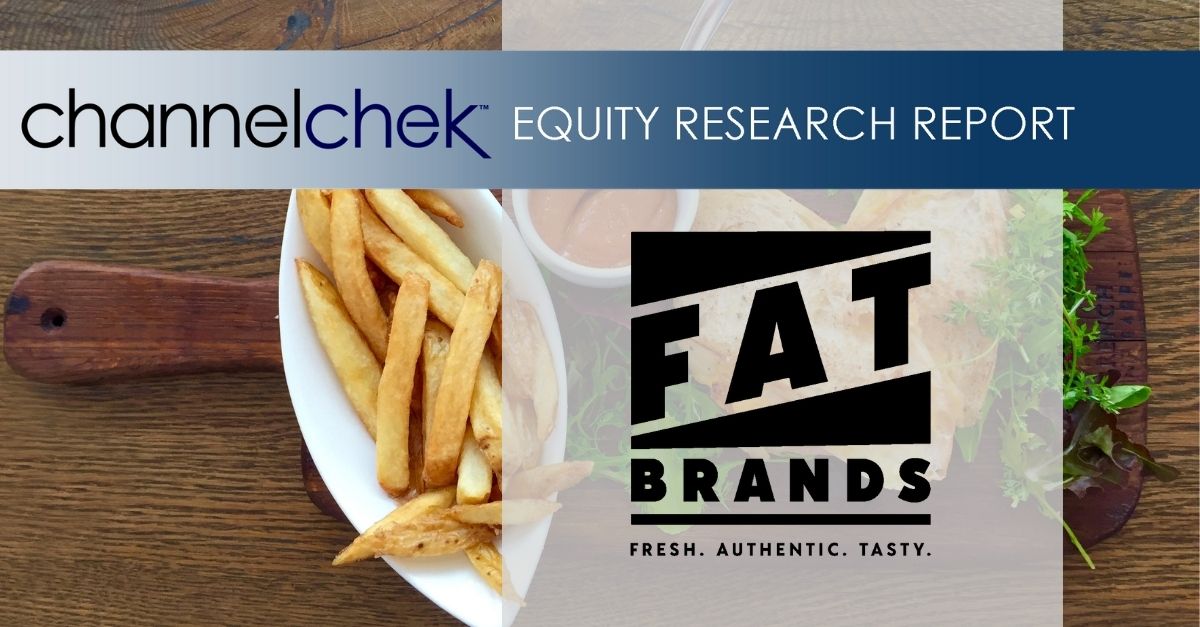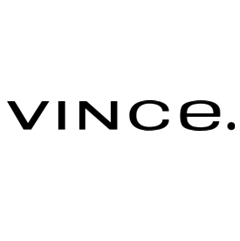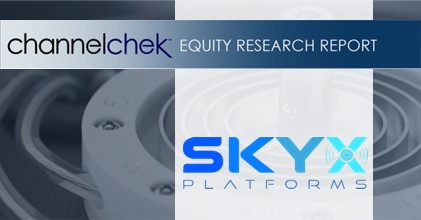Kraft Heinz is officially dismantling a decade-old experiment in consumer goods consolidation, announcing plans to split into two publicly traded companies. The breakup, slated for completion in the second half of 2026, will create one company focused on sauces and spreads and another dedicated to grocery staples and ready-to-eat meals.
The move reflects a growing trend among global consumer brands, which are abandoning the diversified conglomerate model in favor of sharper focus, simplified structures, and more direct accountability. For Kraft Heinz, the decision comes after years of lagging sales, weak innovation, and declining brand equity despite its stable of iconic products.
Investors reacted cautiously, sending shares down more than 7% in Tuesday trading. While the spinoff has long been anticipated, markets remain skeptical about whether separating the businesses can meaningfully address underlying challenges. Analysts suggest the split could unlock near-term value, but note that execution risks remain high, particularly as private-label competition intensifies and consumer preferences continue shifting toward fresher, healthier options.
The grocery division, which will include brands such as Oscar Mayer and Lunchables, will be led by current CEO Carlos Abrams-Rivera. The sauces and spreads business, housing household names like Heinz ketchup, Philadelphia cream cheese, and Kraft Mac & Cheese, will operate under new leadership yet to be appointed. Together, the two companies generated more than $25 billion in combined sales in 2024.
The separation is also the latest chapter in what has become one of the more disappointing large-scale mergers in recent memory. The 2015 tie-up of Kraft Foods and Heinz, engineered with backing from Warren Buffett’s Berkshire Hathaway and private equity firm 3G Capital, was initially valued at $45 billion. The strategy relied heavily on cost-cutting, but growth never materialized as hoped. Today, Kraft Heinz carries a market value closer to $33 billion, with shares losing roughly 60% since the merger.
Even Buffett, one of the original architects of the deal, has expressed regret over the outcome. While acknowledging that splitting the company could simplify operations, he suggested the decision is unlikely to fix long-standing performance issues without deeper changes. His investment firm recently booked a multibillion-dollar write-down on its stake in the company.
Strategically, management argues the breakup will allow each entity to prioritize resources, pursue innovation, and scale its most promising categories. The company estimates separation costs of up to $300 million, but believes efficiencies will offset much of the expense. Still, industry analysts caution that Kraft Heinz’s core problem—relevance with consumers—will not be solved by structural changes alone.
The decision comes as the packaged foods industry undergoes broad realignment. Rivals such as Nestlé and PepsiCo are also facing shareholder pressure to streamline portfolios and accelerate growth. Meanwhile, recent moves like Keurig Dr Pepper’s planned $18 billion takeover of JDE Peet’s illustrate how sector leaders are experimenting with restructuring to remain competitive.
For Kraft Heinz, the split represents both an admission of past missteps and a chance to reset its trajectory. Whether investors will ultimately view the move as a turning point or a temporary lift will depend on how successfully each business can adapt in a crowded, fast-changing marketplace.

